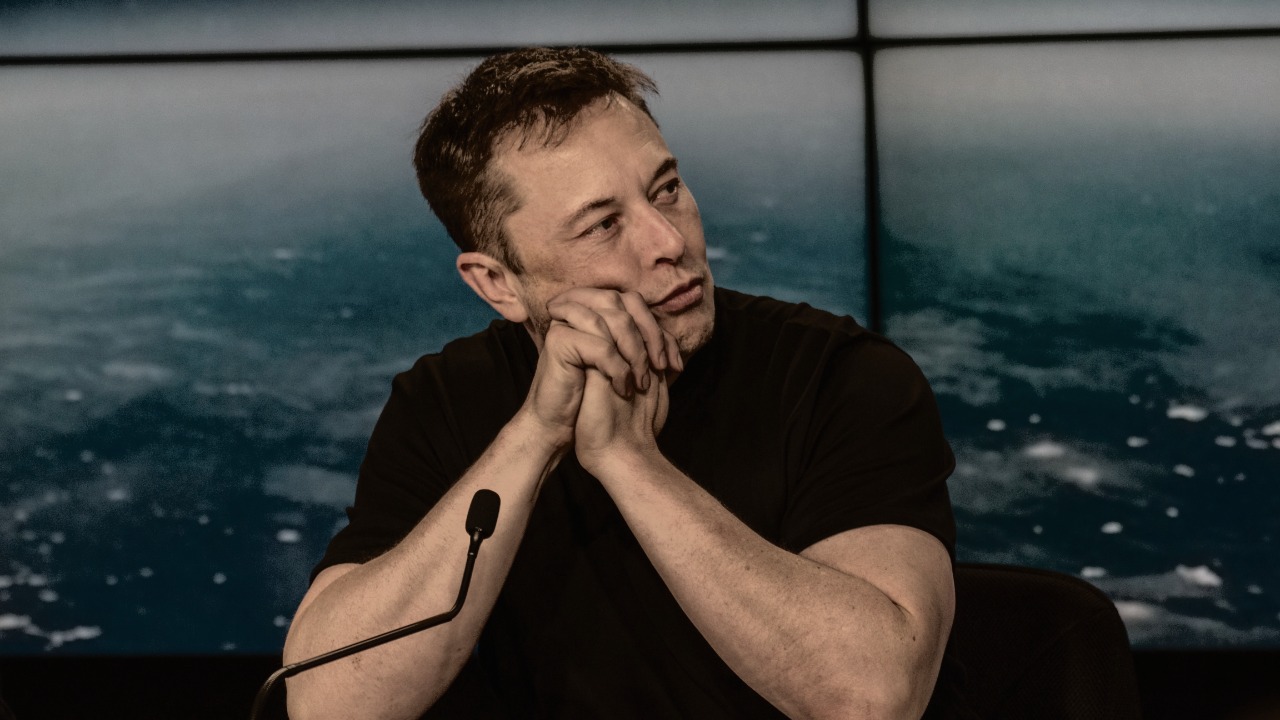
OpenAI suspects that Elon Musk is financially backing its most prominent critics, individuals who also harbor strong animosity toward Musk himself. This allegation highlights escalating conflicts between the AI company and the Tesla CEO, including Musk’s prior advocacy for converting OpenAI into a for-profit entity. Recent political developments further complicate the rift, as President-elect Trump dismissed Musk’s objections to an AI-related announcement.
Origins of the OpenAI-Musk Feud
Elon Musk’s involvement with OpenAI began as a co-founder, where he played a pivotal role in its early development. However, his departure from the organization was marked by disagreements over its direction. Musk’s vision for OpenAI diverged significantly from the nonprofit’s mission, as he advocated for a transition to a for-profit model. This proposal was met with resistance from OpenAI’s leadership, who were committed to maintaining its nonprofit status. According to an official statement from OpenAI, Musk’s push for a for-profit structure was a key point of contention.
The tension between Musk and OpenAI became more pronounced with the publication of OpenAI’s response on December 13, 2024. This response addressed Musk’s ambitions for a for-profit transformation, emphasizing the organization’s dedication to its original mission. OpenAI’s leadership argued that a shift to a for-profit model could compromise their ethical standards and the broader goals of AI development. This public rebuttal underscored the growing divide between Musk’s vision and OpenAI’s foundational principles.
Allegations of Musk Funding OpenAI’s Critics
Recent investigative reporting has brought to light OpenAI’s belief that Elon Musk is financially supporting its most vocal critics. These individuals are not only opposed to OpenAI’s mission but also harbor personal animosity toward Musk himself. The emergence of these suspicions on October 16, 2025, has added another layer of complexity to the already fraught relationship between Musk and OpenAI. The article titled “OpenAI thinks Elon Musk funded its biggest critics—who also hate Musk” highlights these allegations.
The implications of these allegations are significant, as they suggest a coordinated effort to undermine OpenAI’s credibility and influence. If true, Musk’s financial backing of these critics could be seen as an attempt to sway public opinion and disrupt OpenAI’s operations. This development raises questions about the motivations behind such funding and the potential impact on the AI industry’s landscape. The personal and professional animosities involved further complicate the narrative, suggesting that the conflict extends beyond mere business disagreements.
Musk’s For-Profit Vision for OpenAI
Elon Musk’s proposal to restructure OpenAI as a for-profit company was rooted in his belief that such a model would accelerate AI development and innovation. Musk argued that a for-profit structure could attract more investment and talent, ultimately benefiting the organization’s goals. However, OpenAI’s leadership countered these claims by emphasizing their commitment to a nonprofit mission. In their December 13, 2024, blog post, OpenAI outlined their concerns about the potential ethical implications of a for-profit shift.
OpenAI’s rebuttal highlighted the risks associated with prioritizing profit over ethical considerations. They argued that a for-profit model could lead to conflicts of interest and compromise the organization’s ability to prioritize safety and transparency in AI development. The debate over OpenAI’s structure reflects broader tensions within the tech industry regarding the balance between innovation and ethical responsibility. The potential implications of such a change extend beyond OpenAI, influencing the competitive dynamics of the AI sector as a whole.
Political Dimensions Involving Trump and AI Policy
The political dimensions of the OpenAI-Musk conflict were further complicated by Elon Musk’s public criticism of an AI announcement made by President-elect Trump. Musk’s objections centered on concerns about the potential implications of the policy, which he believed could hinder innovation and competitiveness. However, Trump’s response on January 23, 2025, was dismissive, as he waved off Musk’s criticism during interactions related to U.S. AI policy. This episode, reported by Reuters, underscores the broader tensions between Musk and political leaders.
The intersection of Musk’s funding allegations and his political disagreements with Trump highlights the multifaceted nature of the conflict. The stakes are high, as these developments could influence the direction of AI policy and the competitive landscape of the tech industry. The involvement of high-profile figures like Musk and Trump adds a layer of complexity to the narrative, as their actions and decisions have far-reaching implications for stakeholders across the sector. The ongoing tensions between OpenAI, Musk, and political leaders reflect broader debates about the role of technology in society and the balance between innovation and regulation.